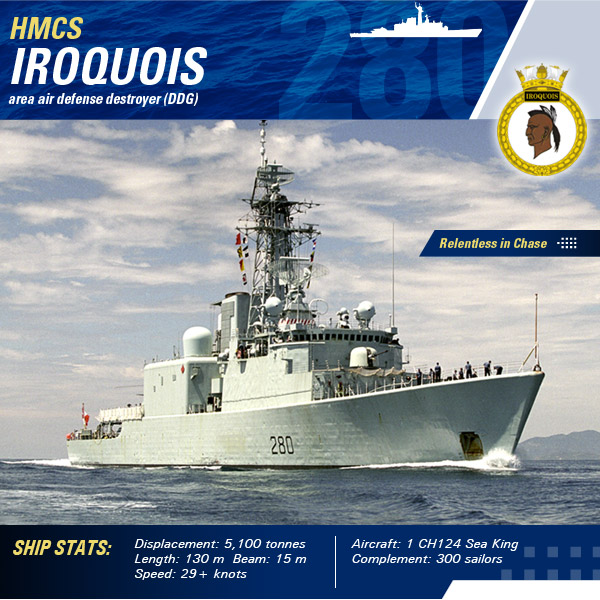
Posted on 01/25/2013 1:00:39 PM PST by JerseyanExile
Edited on 01/25/2013 1:43:01 PM PST by Admin Moderator. [history]
Argentina
(Excerpt) Read more at washingtonpost.com ...
Having spent part of the weekend aboard the Midway I have come to the conclusion that maintenance is the only reason one of these ships stays afloat. Conversely, lack thereof the reason they sink (in peacetime)
The Belgrano was the ship that challenged the arriving Royal Navy and got itself torpedoed but good.
“...used for spare parts...”
Note to Argentinan Navy: the Port side of the hull isn’t a “spare part”. LOL.

One notes the US Thresher class sub was renamed the Permit class after Thresher was lost.


“Once proud navy”? Geeze the only part of the Argentinian Navy that turned in a credible performance during the Falklands War was its naval aviation — and they operated from land bases.
The Argentinian Navy may have dropped off troops on the Falklands and South Sandwich Islands, but except briefly it stayed in port once the Royal Navy showed up. Especially after the Brits torpedoed and sank the heavy cruiser General Belgrano. (Ever notice how ships named after generals do badly in naval combat - Blucher, Sharnhorst, Hoche and a whole bunch more came to bad ends.)
As far as I can see, the Argentine Navy’s glory days consisted of beating up on those that couldn’t resist, and skulking in port otherwise — even if this meant abandoning their army.
What kind of “pipe break” would sink a destroyer? Must have been a 10-inch high-pressure main that went unnoticed for a couple of hours.
So then rumors of another battle over the Falklands were premature.
The useful life of a destroyer can’t be much more than 30 years.

The present condition of Argentina is a glimpse of what the territory once known as “the United? States of America” shall look like some very few decades in the future.
A hundred years ago, the Argentine was a prosperous and vigorous nation, well supplied with an abundance of natural resources, and home to an industrious population, with plenty of foreign exchange flowing in, due to a strong trade policy, particularly with Europe.
Then the ‘progressives’ gained power in the national parliament, and a number of initiatives on the order of what Woodrow Wilson was encouraging in the United States, became the law of the land. It was a much broader and more ambitious agenda, accomplishing even more than FDR did in the New Deal, and surpassing anything that was done until LBJ got the New Society rammed through Congress in the 1960’s. Argentina had been in the grasp of ‘progressives’ from about the time of the start of the First World War, and with the influx of foreign exchange, and more particularly, gold, in their treasury, the welfare state was well funded for a while. Argentina had always been an exporter of both wheat and beef, until several grave epidemics swept through their cattle herds, making the beef unfit for export, except as a product known as “corned beef”, which prevented the spread of the various diseases, such as rinderpest and brucellosis. But for the most part, Argentina beef exports never recovered, which dried up a lot of the income from foreign trade. The nation was probably harder hit by the worldwide Great Depression even more than Great Britain or the United States, and the government pretty much fell into a near-Fascist type of government, which made the country highly attractive to high-ranking National Socialists and Fascists after the fall of the Axis powers in World War Two. The nation was almost entirely under a command economy most of this time, with huge unemployment and a very large underclass both unemployable, and otherwise largely unable or unwilling to shift for themselves. The national treasury was bankrupted by the bloated welfare state created, and its most notorious ‘distributionist’ was Eva Peron, spouse of Juan Peron, who came to power in a military coup that overthrew the last remaining civil government.
Ther was not, and had not been for some time, any pretense of democratically elected government, by the time Peron was thrown out of office. But Argentina was still saddled with the debts, both internal and to bankers elsewhere in the world, and in an effort to make a show of paying those debts off, they inflated the currency beyond anything seen since the collapse of the Weimar Republic of Germany.
Today Argentina is a little backwater of a country, without much in the way of national pride or any sliver of international recognition.
A most sobering thought for the “reformers” in this nation. If they are even capable of studying and learning anything from this example of how NOT to run a country.
I'm sure there is a suitable German word for this.
Wow, good write-up summary of Argentinian history over the last century. I actually learned a thing or two, and it connected a dot or two for me. Thanks!
The “General Belgrano” led the Argentine navy to Davy Jones’ Locker.
Admiral Belgrano
Sad death for a good ship that survived Pearl Harbor.
40 and counting

How about “gesunkt”?
http://i681.photobucket.com/albums/vv171/midlifequietlife/type42_zps4733be82.jpg
Disclaimer: Opinions posted on Free Republic are those of the individual posters and do not necessarily represent the opinion of Free Republic or its management. All materials posted herein are protected by copyright law and the exemption for fair use of copyrighted works.